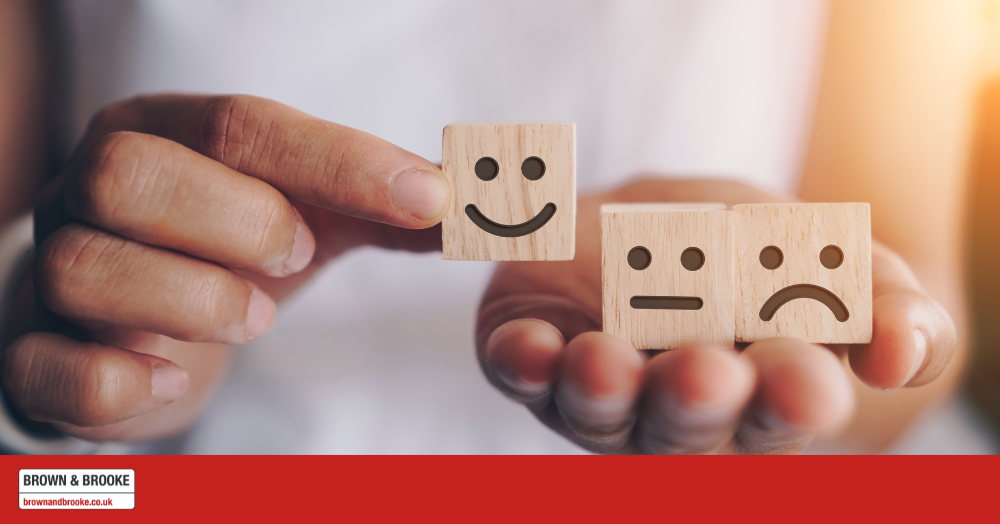Selling your home can be an emotional experience, especially if you have lived there for many years. It’s hard to let go of the memories that come to life as you reminisce – if walls could talk!
When it comes to selling, you need to be able to emotionally detach from the property. Your house sale is a financial transaction and although your personal feelings are incredibly valid, they may hinder your sale if you don’t keep them in check. This is why it is essential to detach emotionally from your house when it’s time to sell.
Depersonalise
When you’re trying to emotionally detach from your home, one of the most effective things you can do is depersonalise the space. This means removing any items that reflect your personal style or taste and making the home as neutral as possible. You want potential buyers to be able to envision themselves living in there, and that can be difficult if your personal belongings are taking up all the property visually.
Start by removing any photos of yourself, your family, and your pets. You may have cherished memories associated with these images, but they can be distracting to potential buyers. The same goes for any souvenirs or knick-knacks you’ve collected over the years. While these items may have sentimental value, they can be seen as clutter by buyers.
Focus on negatives
It may seem counterintuitive, but focusing on the negative aspects of your home can help you emotionally detach from it. This doesn't mean you should start actively hating your house, but rather take a more critical eye to its flaws and imperfections.
Take a moment to really think about the aspects of your home that have bothered you over the years. Maybe there's a room that's always felt too dark or cramped, or perhaps you've struggled with an ongoing issue like a leaky roof or a temperamental heating system. By focusing on these negatives, you can start to see your home in a more realistic light, rather than through the rose-tinted glasses of nostalgia and sentimentality.
You can also focus on the positives your next home will bring – more space, an easier life, better layouts or a more suited area. Getting excited about the next step helps you leave the last one behind.
Behave as if it’s already sold
One of the best ways to emotionally detach from your home when you need to sell it is to behave as if it’s already sold. This can be difficult, but taking practical steps can help make it easier. By downsizing your possessions, making repairs, and refreshing the décor as recommended by your estate agent, you’re sending a clear message to your subconscious that you’re ready to move on.
Start to seriously look for a new place to live and telling friends and neighbours that you’re moving can make the transition easier. It’s important to focus on the future and what’s to come, rather than getting stuck in the past.
It is a financial transaction
At the end of the day, selling your property is a financial transaction. It can be hard to detach from the emotional ties you have with your home but remembering that it is ultimately a business deal can help you make practical decisions and avoid getting caught up in sentimentality.
When it comes to pricing, focus on what the current local market conditions rather than what you personally believe the house is worth. Remember that the goal is to make a profit, not to hold onto the house at all costs.
Keep in mind that you are not alone in this process. Your estate agent, solicitor, and other professionals are there to guide you and help you make sound financial decisions. Don't be afraid to ask for their advice and expertise. Keeping a practical mindset throughout the process will help make the transition smoother and less emotionally draining.
The heart of your move
You have made the decision to sell, one way or another your relationship with your home has come to an end. Therefore, focus on making your new home the heart of your move, remember the process is just a financial transaction and when completed you can look back with fond memories.
If you would like advice on moving home, call us today on 020 8858 0200.




